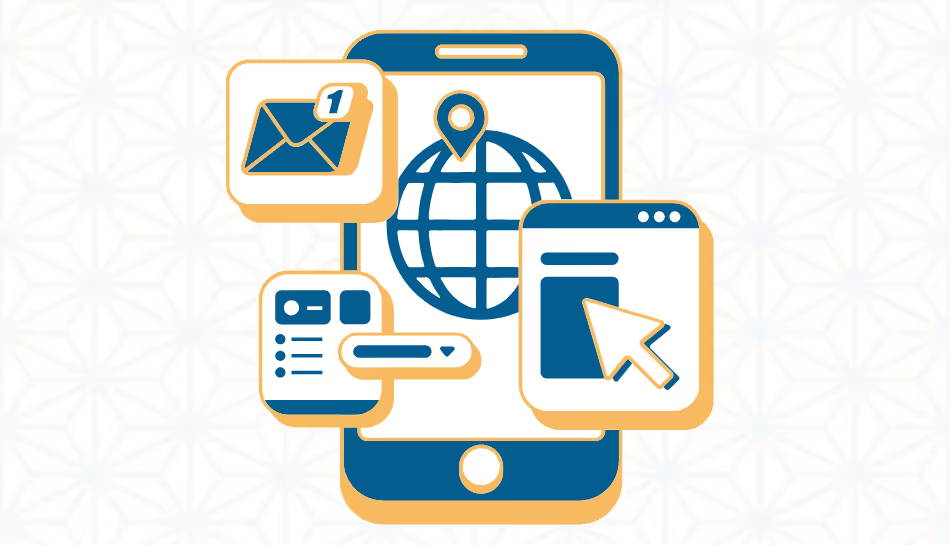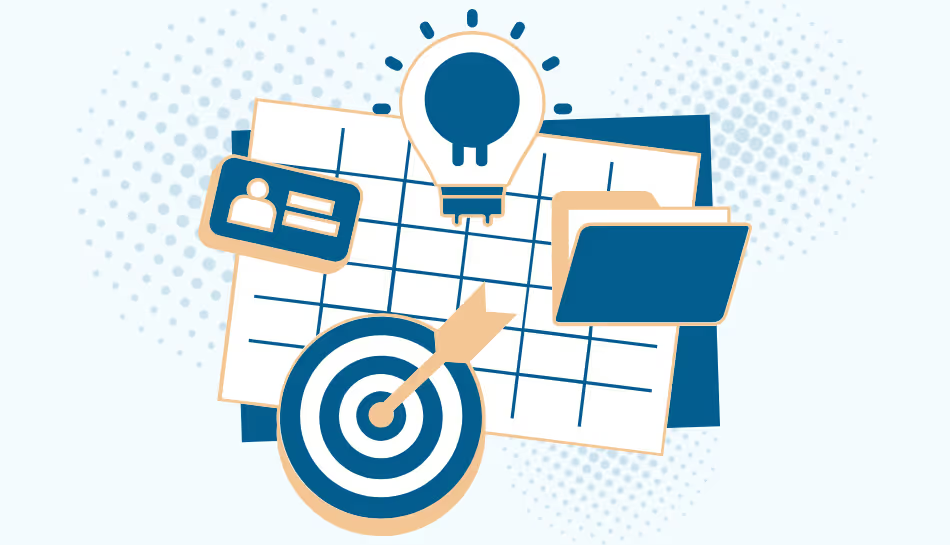
In today’s fast-paced, hyper-connected world, businesses can’t afford to stay chained to desktops. Employees, sales teams, service staff, and managers all need access to vital data, anytime, anywhere. That’s why companies are increasingly adopting a mobile-first strategy, especially when it comes to enterprise software like ERP and CRM.
With custom mobile ERP applications and CRM, your business moves as fast as your people do, on the shop floor, in the field, or across time zones.
What Is a Mobile-First Strategy?
A mobile-first strategy means designing digital experiences with mobile devices as the primary touchpoint. Instead of shrinking desktop apps for small screens, it starts with mobile functionality and user needs, then scales up for other platforms.
For businesses using ERP for mobile or CRM systems, this approach ensures smooth, on-the-go access to critical tools and information, no matter where work happens.
Why Go Mobile with ERP and CRM?
Mobile ERP software and CRM systems are at the heart of every growing business. They manage everything from operations and inventory to sales, marketing, and customer support. But traditional systems are often desktop-heavy, limiting accessibility and slowing down response times.
With ERP mobile access and CRM mobile solutions, you can:
- Monitor business metrics in real time
- Enable remote approvals and workflows
- Empower field teams with live updates
- Reduce delays and increase productivity
- Improve customer service on the spot
Benefits of Custom Mobile Apps for ERP and CRM
1. On-the-Go Access to Business Data
From sales reps to warehouse supervisors, users can instantly access data like customer profiles, inventory levels, or order status, right from their phones or tablets.
2. Boosted Field Service Efficiency
Using a field service mobile app, technicians can receive job alerts, update task statuses, capture customer signatures, and even generate invoices without returning to the office.
3. Improved Sales Performance
CRM mobile apps let sales teams log leads, follow up on opportunities, and check deal history during client visits. No more “I’ll get back to you” delays.
4. Faster Decision-Making
Executives can review reports, approve purchase requests, and get real-time business insights while on the move, making decisions quicker and more informed.
5. Custom Features Tailored to Roles
Unlike generic apps, custom mobile apps for business are built to match your team’s workflows. Whether you need barcode scanning, geo-tracking, or document uploads, everything can be integrated.
Key Use Cases Across Industries
- Manufacturing: Monitor production dashboards, equipment maintenance logs, and raw material status through a custom ERP mobile interface.
- Retail: Equip sales staff with mobile access to product catalogs, customer preferences, and billing.
- Logistics: Track fleet locations, manage shipments, and update delivery statuses with a dedicated field service mobile app.
- Healthcare: Give medical staff mobile access to patient records, appointment schedules, and follow-up reminders.
- Construction: View blueprints, manage task lists, and report on progress from the job site.
How to Get Started with Enterprise Mobile App Development
1.Identify Key Users and Workflows
Start by mapping how different teams use ERP/CRM systems, and where mobile access can save time or improve performance.
2.Set Clear Goals
Are you trying to reduce service response time? Boost sales conversions? Streamline reporting? Define success metrics upfront.
3.Choose the Right Partner
Work with experienced enterprise mobile app development experts who understand mobile ERP applications and CRM systems. Integration, security, and UX design are critical.
4.Prioritize Security
Include features like user authentication, encrypted data storage, and remote wipe capabilities to protect sensitive business data.
5.Test, Train, and Roll Out
Involve real users during testing, provide simple onboarding guides, and gather feedback to continuously improve the app experience.
Final Thoughts
In the digital age, mobility isn’t just a trend, it’s a business advantage. By investing in custom mobile apps for business, you extend the power of your ERP and CRM systems to wherever work actually happens. Whether it’s on a shop floor, at a client site, or on the road, your team stays informed, connected, and productive.

